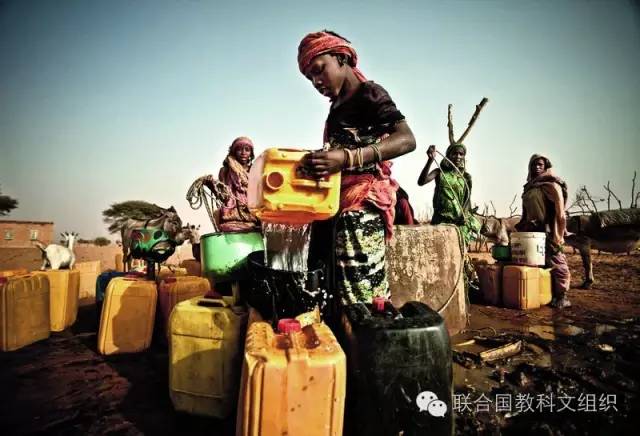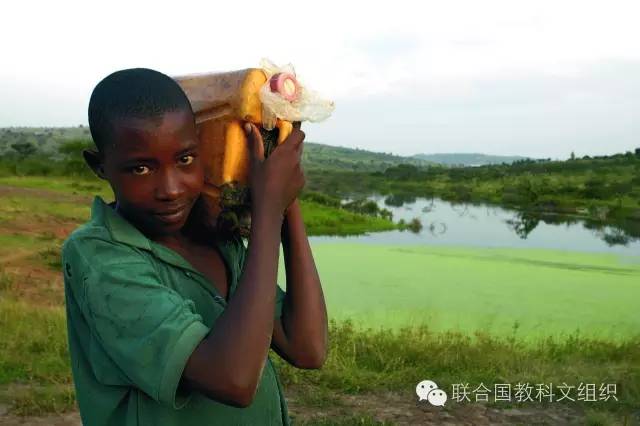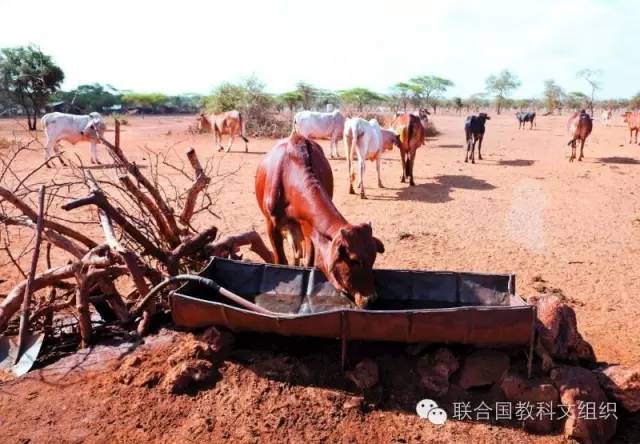会议议程
联合国教科文组织水科学网络关于水安全挑战和2030年议程
联合国教科文组织水科学网络关于水安全挑战和2030年议程
UNESCO water science networks address water security challenges and the 2030 Agenda
联合国教科文组织水科学网络关于水安全挑战和2030年议程
Two major discussions on the importance of water for the 2030 Agenda and the Sustainable Development Goals were held over the past days in Ulaanbaatar and Beijing, respectively.
刚刚过去的10月,在乌兰巴托和北京分别举行了水对2030年议程和可持续发展目标重要性的专题讨论。
In Ulaanbaatar, Mongolia hosted the 24th IHP-Regional Steering Committee (RSC) Meeting in conjunction with an international and national water dialogue on the delivery of SDG 6 in Mongolia and wider Asia and the Pacific region during 24-26 October. The UNESCO International Hydrological Programme (IHP) was founded in 1975 and is an intergovernmental programme of the UN system devoted to water research, water resources management, education and capacity building.
10月24日至26日,蒙古国在首都乌兰巴托主办了第二十四届国际水文计划区域指导委员会会议,与此同时开展了蒙古和亚太广大地区实施可持续发展目标6的国际和区域水对话。联合国教科文组织国际水文计划(IHP)成立于1975年,是联合国系统致力于水研究,水资源管理、教育和能力建设的政府间计划。
The RSC is organized in a different country each year in order to help coordinate and enhance collaboration and exchange in the hydrological sciences between countries in Asia and the Pacific. Over 60 participants from IHP RSC member countries (Australia, China, Indonesia, Japan, Republic of Korea, Malaysia, Mongolia, Myanmar, New Zealand, Philippines, Papua New Guinea, Thailand and Vietnam) as well representatives from a range of Mongolian organizations attended the meeting, which made a series of recommendations to strengthen water security in Mongolia and the wider region.
水文计划区域指导委员会会议每年在不同的国家举办,目的是帮助协调和加强亚太国家间水文科学的合作与交流。60多名来自国际水文计划区域指导委员会成员国(澳大利亚,中国,印度尼西亚,日本,大韩民国,马来西亚,蒙古,缅甸,新西兰,菲律宾,巴布亚新几内亚,泰国和越南)的代表同蒙古相关组织代表一起在会议中为加强蒙古和其他广大地区的水安全问题提出了一系列建议。
In Beijing, the Global Network on Water and Development Information for Arid Lands (G-WADI) commemorated a decade of existence with an international conference under the theme “G-WADI: More than a decade enhancing water and sustainable development for arid regions. The meeting is organized by UNESCO, the National Natural Science Foundation in China, the Cold and Arid Regions Environmental and Engineering Research Institute (CAREERI), the Chinese Academy of Sciences (CAS), Peking University and the South University of Science and Technology of China. took place from 25 to 27 October.
10月25日至27日,为了庆祝干旱区水资源及其发展信息全球网络(G-WADI)成立十周年,由联合国教科文组织、中国国家自然科学基金会、中国科学院寒区旱区环境与工程研究所、北京大学和南方科技大学联合主办的 “10年:提升干旱区水与可持续发展”的国际会议在北京举行。
G-WADI was established by IHP in 2004 to strengthen the global capacity for management of water resources in arid and semi-arid regions. G-WADI brings together an expert scientific network of UNESCO regional centres and IHP National Committees to promote global capacity for management of water resources in arid and semi-arid areas. Last week’s conference gathered scientists from all regional G-WADI networks from the developed and developing world, sharing experiences and technological developments related to hydrology in water scarce areas.
国际水文计划于2004年成立了干旱区水资源及其发展信息全球网络,以加强干旱和半干旱地区水资源全球管理能力。该科学网络汇集了来自教科文组织各区域中心和国际水文计划国家委员会的专家成员们,用来提升干旱和半干旱地区水资源全球管理能力。上周的会议邀请到了来自发达国家和发展中国家所有干旱区水资源及其发展信息全球网络的科学家们,共同交流分享了水资源稀缺地区与水文学相关方面的经验和技术发展。
In its opening session, the G-WADI’s advisory members and experts reflected on the achievements of G-WADI over the past twelve years. These include the formation of five regional expert networks – and the creation of the G-WADI GeoServer, an open source server for sharing geospatial data to provide real-time precipitation data. ¨Our common future depends on how we look after, share and manage water¨ said Marielza Oliveira, director of the UNESCO Beijing Office.
开幕式过程中,干旱区水资源及其发展信息全球网络的顾问成员和专家一起就过去十二年G-WADI的成就进行了总结汇报。这其中包括五个区域专家网络的组成,干旱区水资源及其发展信息全球网络地质服务器的创建。地质服务器是一个用于共享地理空间资料的开源服务器,目的是为实时降水提供数据。联合国教科文组织驻华代表处代表欧敏行女士说:“对水资源的保护、分配和管理决定了我们共同的未来。”
(photo copyright: IHP)





